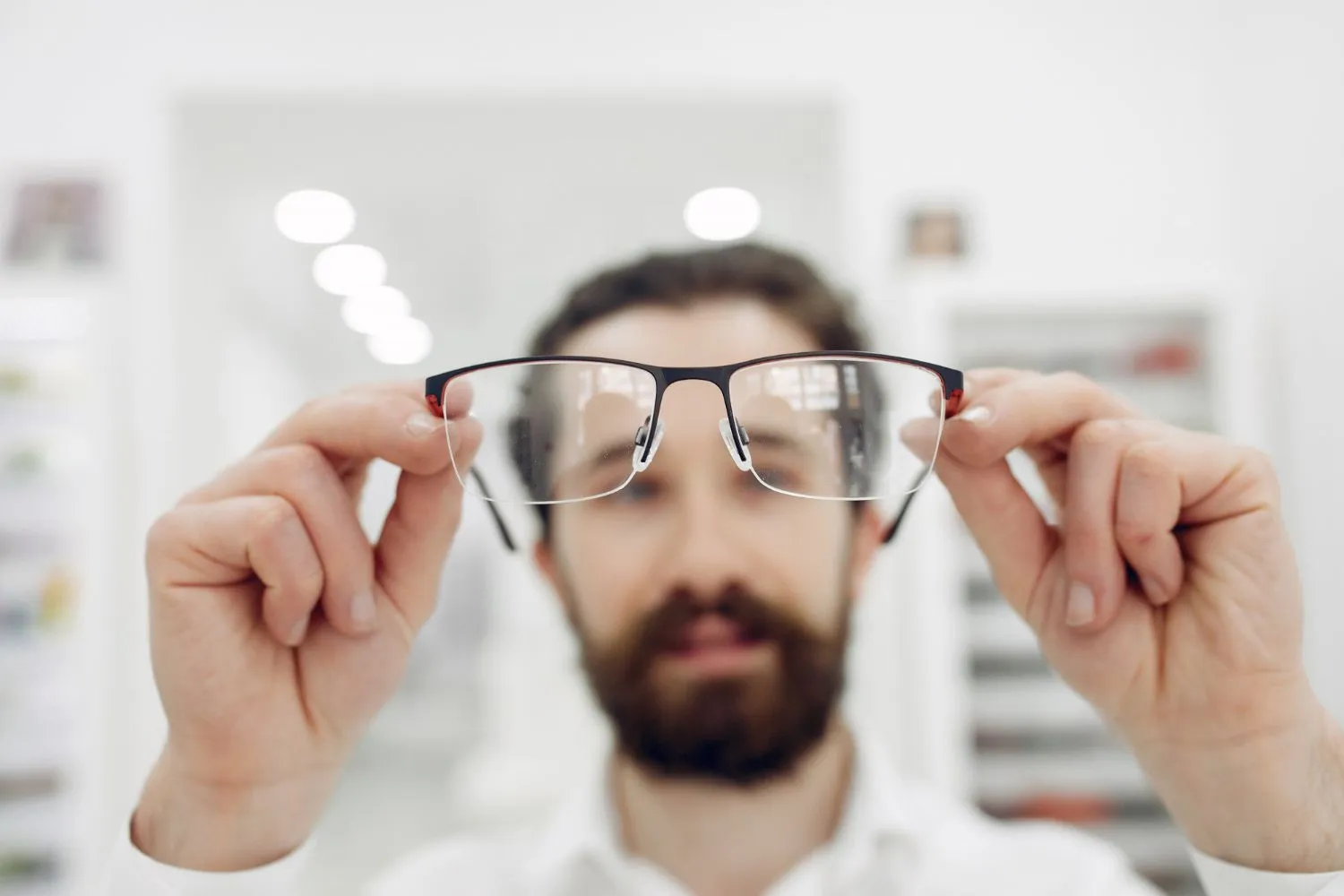Vision is one of our most vital senses, playing a crucial role in how we interact with the world around us. When vision is impaired, it can significantly affect our daily lives, from basic tasks to overall well-being. Vision correction, whether through glasses, contact lenses, or surgical procedures like LASIK, does more than just improve sight—it can profoundly enhance mental health and quality of life.
Boosting Confidence and Self-Esteem
One of the most immediate psychological benefits of vision correction is the boost in confidence and self-esteem. Clear vision allows individuals to see themselves and the world more clearly, reducing self-consciousness and enhancing self-image. People who wear glasses often report feeling more confident in their appearance and abilities. Similarly, those who opt for contact lenses or LASIK surgery often feel liberated from the inconvenience of glasses, experiencing a newfound sense of freedom and self-assurance.
Reducing Anxiety and Stress
Living with impaired vision can be stressful and anxiety-inducing. The constant struggle to see clearly, whether reading a book, driving, or recognizing faces, can lead to frustration and anxiety. Vision correction alleviates these stressors, allowing individuals to engage in daily activities with ease and confidence. This stress reduction can have a cascading effect, improving overall mental health and well-being.
Enhancing Social Interactions

Clear vision significantly improves social interactions. People with corrected vision are more likely to engage in social activities, as they can confidently recognize faces, read social cues, and participate in conversations. This increased social engagement can lead to stronger relationships, a more active social life, and a greater sense of belonging and community. These positive social experiences contribute to overall happiness and life satisfaction.
Improving Academic and Professional Performance
Vision problems can hinder academic and professional performance, leading to frustration and decreased self-esteem. Students with uncorrected vision issues may struggle to see the board, read textbooks, or concentrate on their studies, while professionals may find it challenging to read documents, use computers, or perform tasks requiring precise vision. Vision correction enables individuals to perform better academically and professionally, boosting their confidence and opening up opportunities for personal and career growth.
Enhancing Quality of Life
Overall quality of life is greatly enhanced by clear vision. Everyday tasks such as reading, driving, cooking, and enjoying hobbies become easier and more enjoyable. Improved vision allows individuals to engage more fully in life, leading to greater satisfaction and happiness. For those who choose surgical options like LASIK, the long-term freedom from glasses or contacts can be life-changing, offering a sense of liberation and improved quality of life.
Conclusion

Vision correction through glasses, contacts, or surgery does more than improve sight; it has a profound impact on mental health and quality of life. By boosting confidence, reducing stress, enhancing social interactions, improving performance, and elevating overall quality of life, a clear vision empowers individuals to live their best lives. If you are struggling with vision problems, consider consulting with an eye care professional to explore your options for vision correction. Your mental health and quality of life may greatly benefit from the clarity that vision correction can provide.
Beyond LASIK, Beyond SMILE



